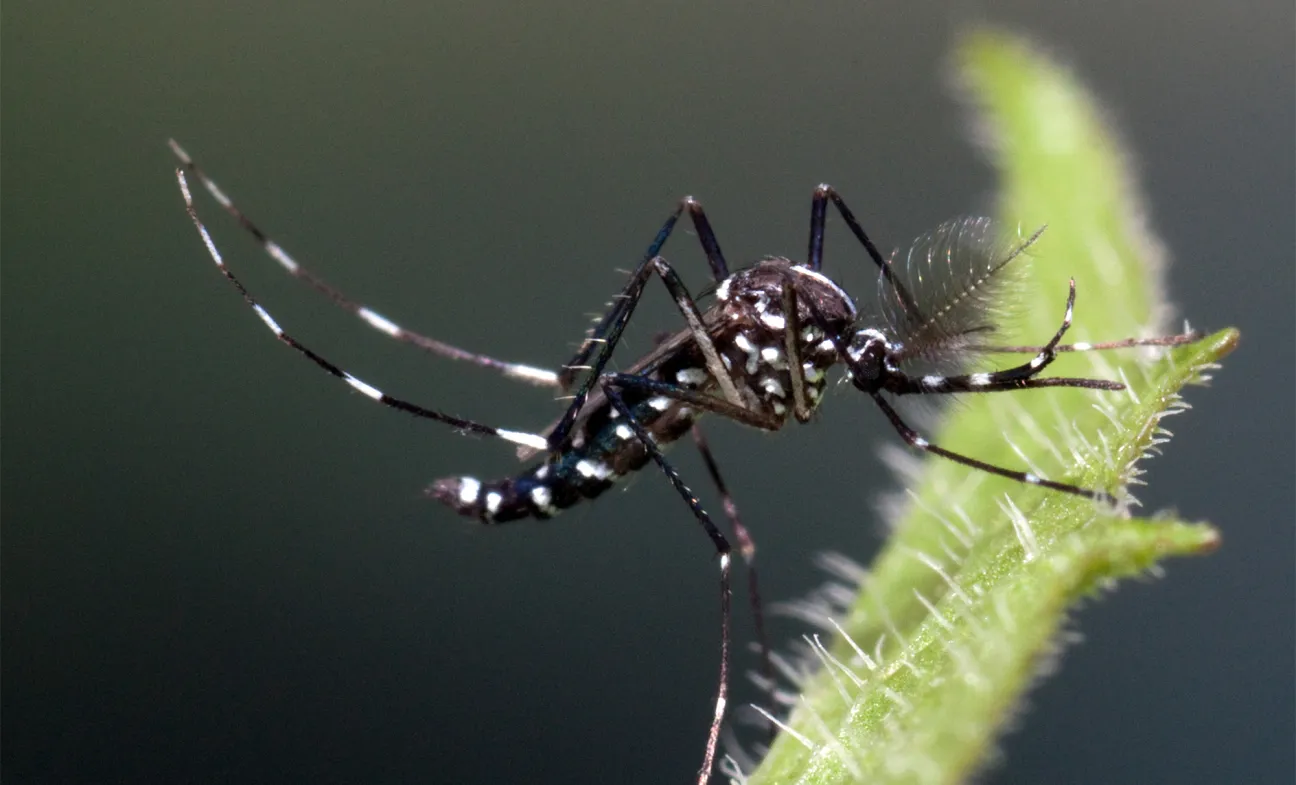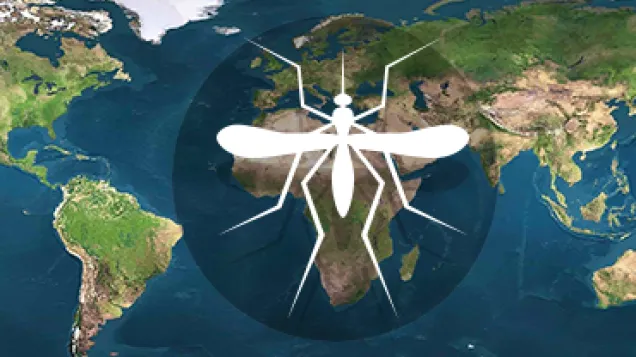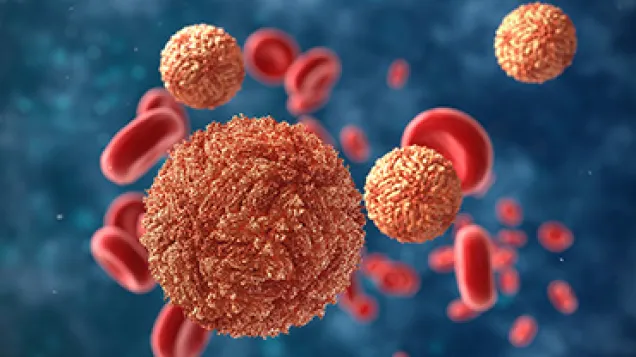Epidemiological update: second case of locally acquired Zika virus disease in Hyères, France

On 21 October, French authorities reported a second autochthonous case of Zika virus (ZIKV) disease in Hyères city, Var department, France with no travel history to Zika-endemic countries.
The case was identified through door-to-door active case-finding and resides in the close vicinity of the first case. The patient reported symptoms compatible with ZIKV disease (i.e. fever, asthenia, retro-orbital pain and body rash) starting on 6 August 2019, a few days before the onset of symptoms of the first case. Both patients have now recovered.
Risk Assessment
This new case reinforces the hypothesis of vector-borne transmission of ZIKV in this neighbourhood of Hyères city in August 2019. As the two cases had onset of symptoms a few days apart, it is likely they belong to the same transmission cycle. To our knowledge, this is the first documented vector-borne transmission of ZIKV by Aedes albopictus in Europe. French health authorities are conducting investigations to identify other possible cases and to avoid further transmission.
As temperatures are progressively decreasing during autumn, the environmental conditions are currently not favourable for sustained transmission. To date, the overall conclusions of the rapid risk assessment issued by ECDC on 16 October 'Zika virus disease in Var department, France' remain unchanged. The risk posed to the population, including pregnant women and their unborn children, is low. There is a very low likelihood that travellers to this area will become infected, introduce the virus, and initiate further local transmission in their EU/EEA country of residence.
Read more
Share this page



